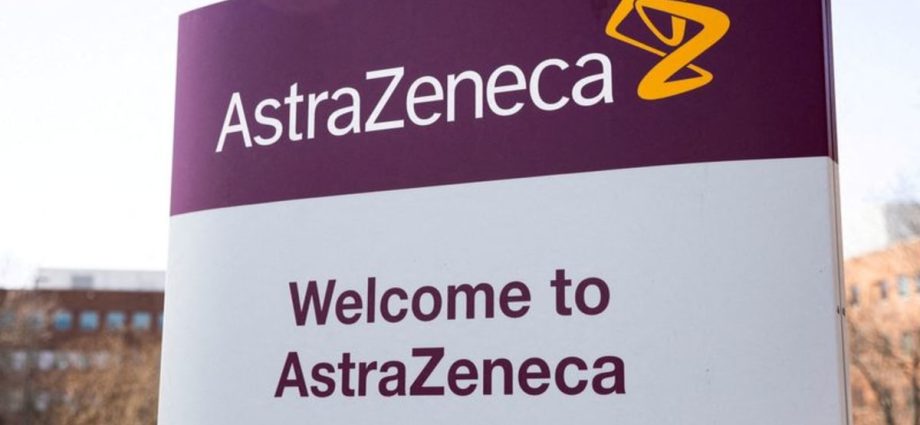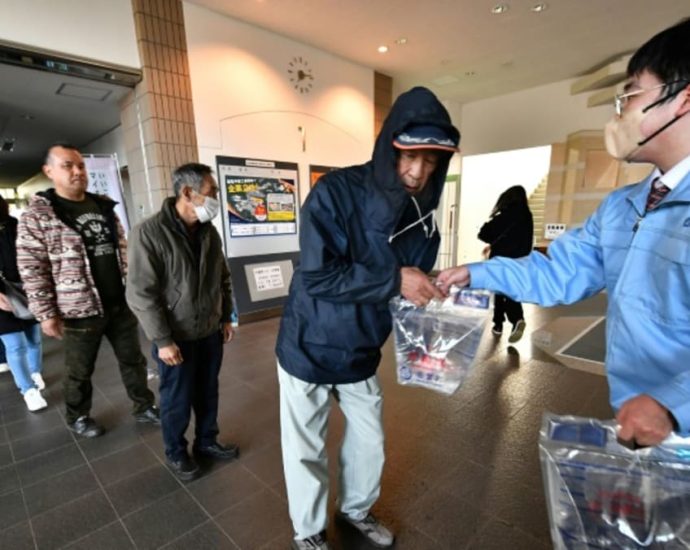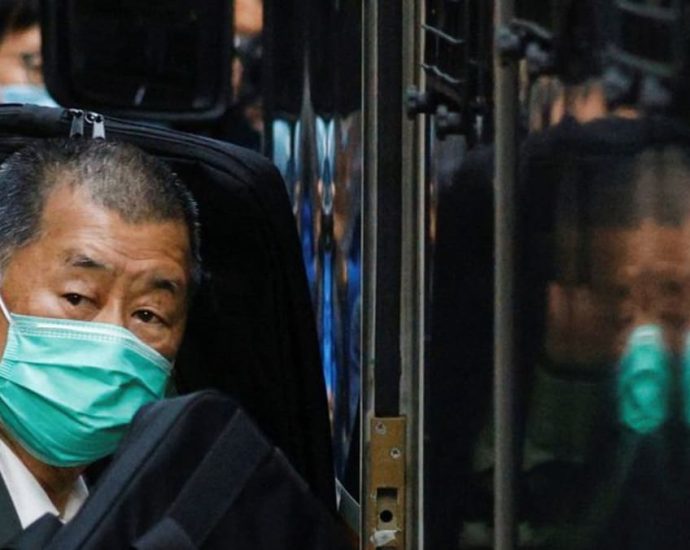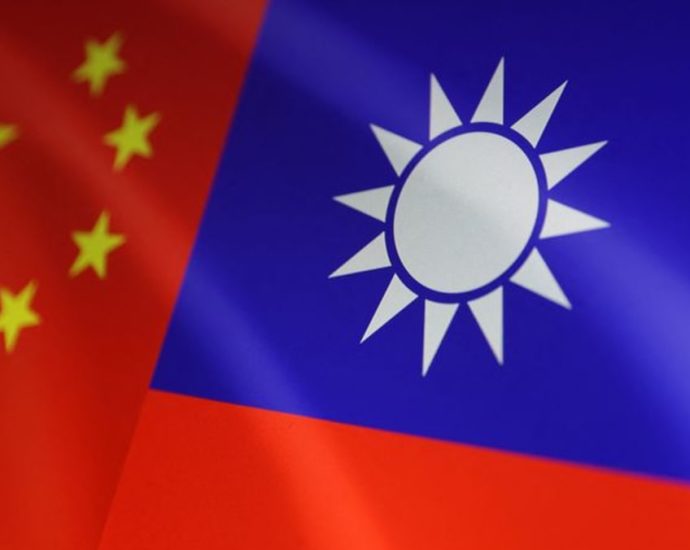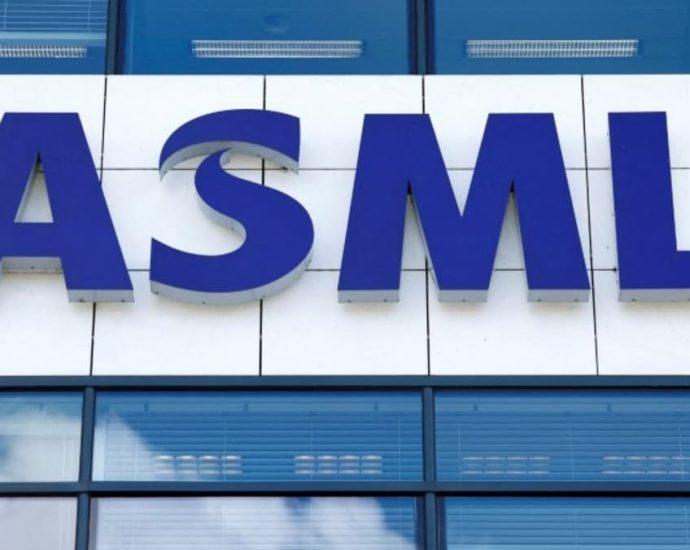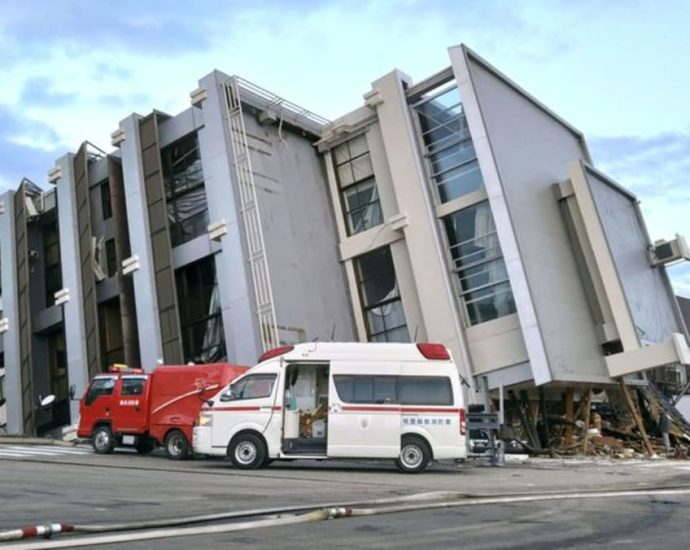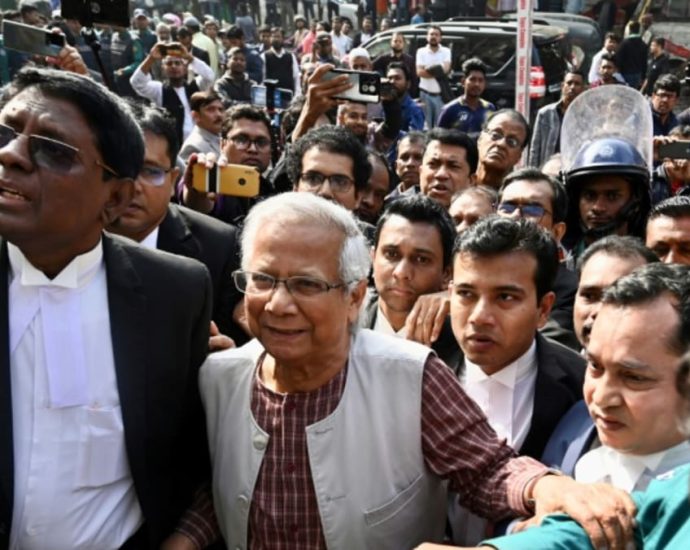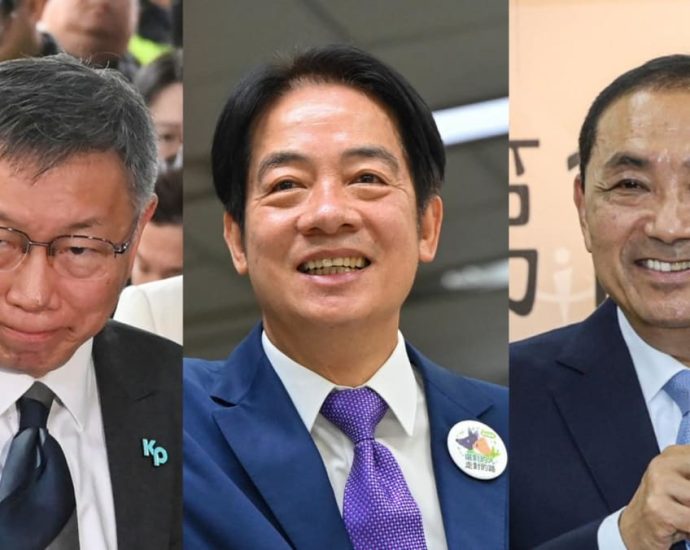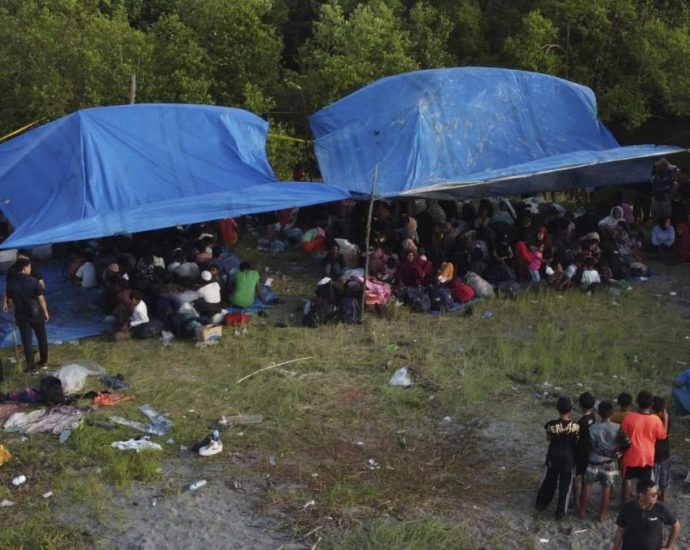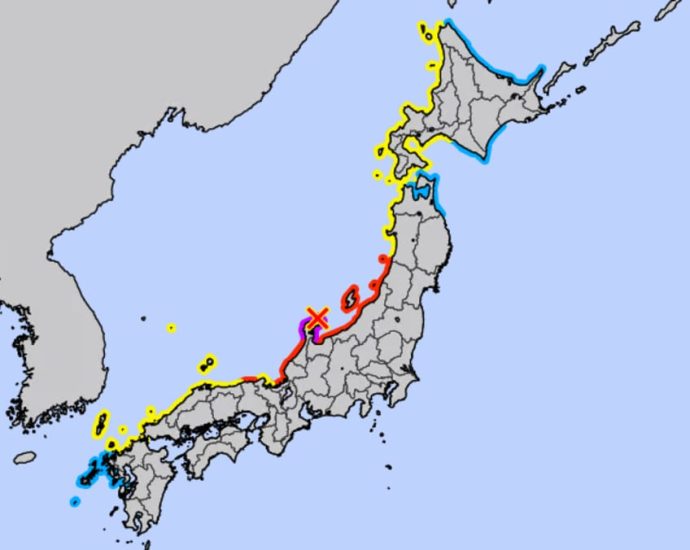AstraZeneca, Sanofi’s RSV infant shots approved in China
AstraZeneca said on Tuesday (Jan 2) that its respiratory syncytial virus (RSV) immunisation for infants developed with Sanofi has got approval in China. The drug makers co-developed the RSV shot for infants and toddlers called Beyfortus, which has already been approved for use in the European Union and United States.Continue Reading

